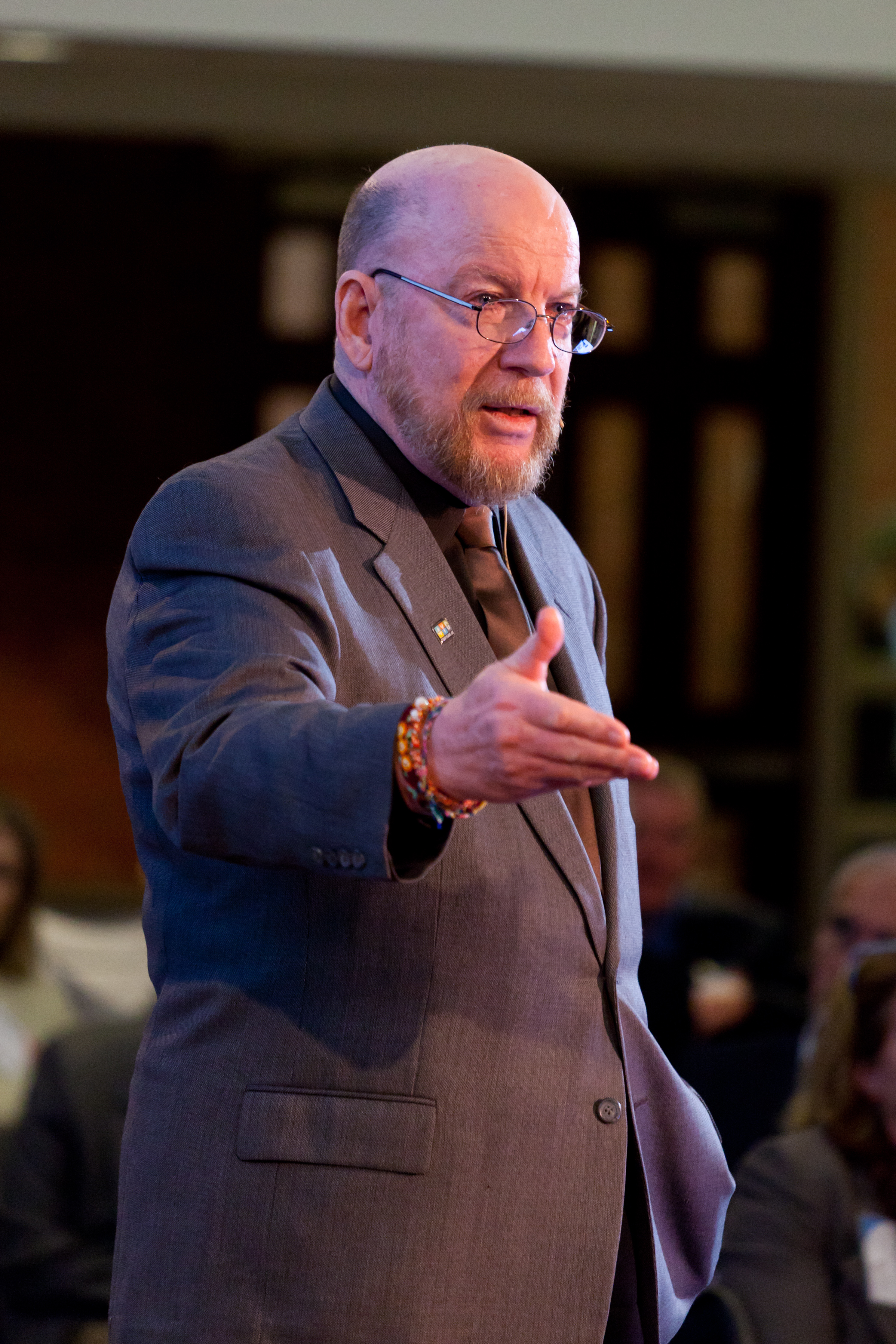
While many people know that each of us has a different perspective of anything we observe we often act as if we have exactly the same experience. If there are 500 people in a room watching a performance, there are 500 differing perspectives or experiences. No two people are sitting in the same seat, watching with the same eyes, hearing with the same ears, noticing the same things or predisposed to believe certain things that can influence what they see, hear and notice.
We are reminded that we each have differing perspectives in cases relying on eye witnesses. Investigators often find it difficult to get an accurate idea of what actually occurred – the reality – when there are so many varying stories as to what really happened.
Failing to recognize that we each have our own perspective – unique to each of us – can be a major contributor to social conflicts, arguments and violence. We confuse our perspective with reality then argue with anyone who has a different take on the matter, be it politics, religion, sports or whatever.
Another way of saying this: reality is objective; perspective is subjective. Reality can be proven or validated whereas personal perspectives cannot. Personal perspectives can be agreed upon. People with slightly different perspectives might be convinced that they agree with one another, creating a perceived reality by assent or committee.
Apparency – a word I could not find in a dictionary – is my term for the confusion of objective reality with personal perspective, for thinking one’s perspective is the absolute truth, the true reality, what is really so!
When this confusion takes place, it is a short hop to a conviction that one has a direct access to the one and only truth. This is a slippery slope – where hubris is exasperated and ideologies are born, often attracting agreement and buy-in from others. The result can be one person’s perspective is adapted by many with similar predispositions.
At a time when differences in ideologies seem to be at an all-time maximum, let us re-examine this confusion of perspective and reality. Let us remind ourselves and each other that perspectives are just that – perceptions from our point-of-view and that every point-of-view is unique, depending upon how one is predisposed.


